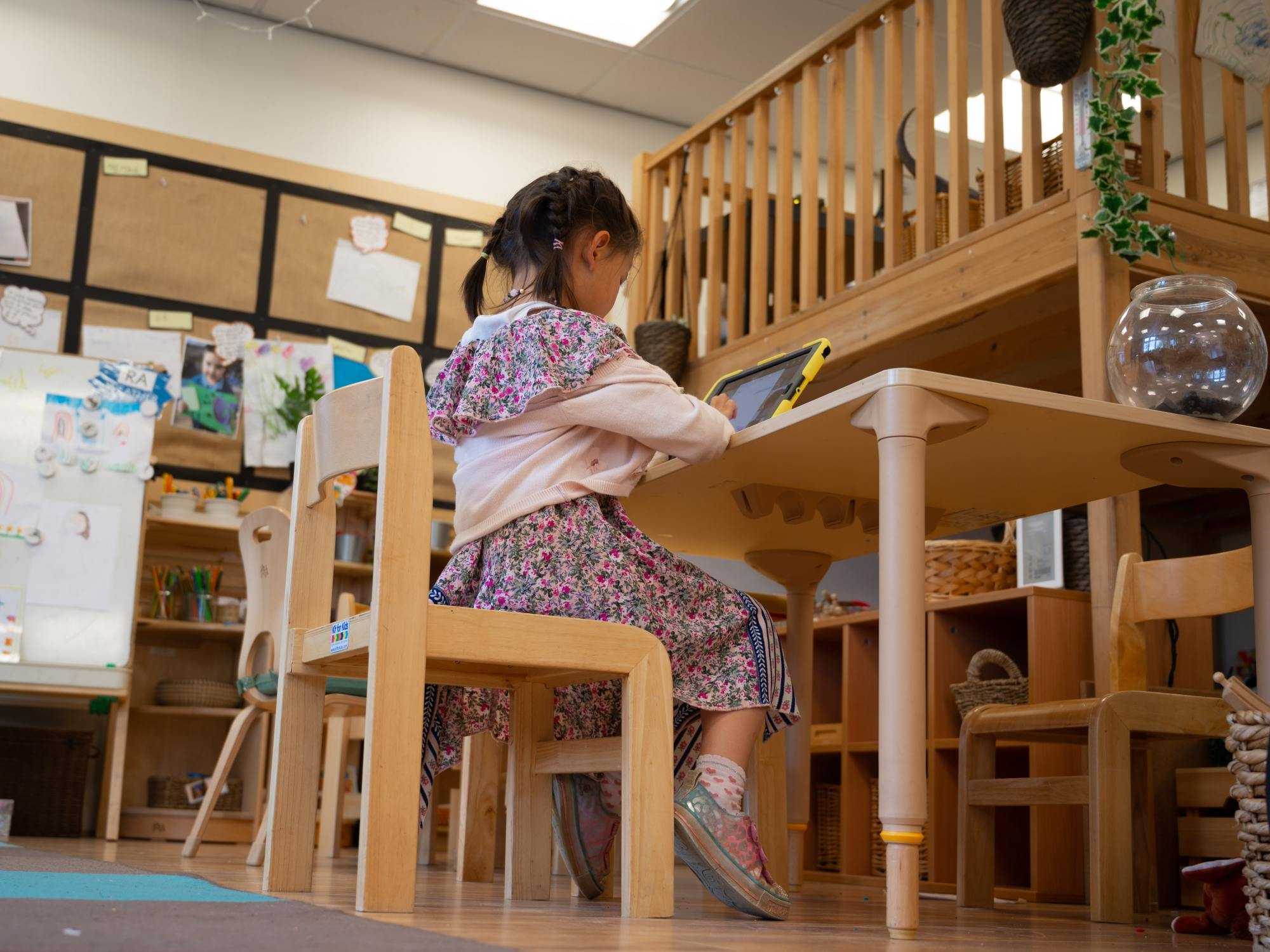A problem that many thought was only restricted to one city has turned into a global pandemic today.
In order to tackle Covid-19 and restrict the spread of the virus, governments were prompted to take drastic measures – from lockdown to shutdown of businesses. This has disrupted many sectors of the global economy, including the education sector. According to estimates from the World Bank, 1.5 billion students or close to 90 per cent of the world’s student have been impacted by the current pandemic. Amid these unprecedented times, schools across the globe have been forced to take their classrooms online as academic operations are temporarily suspended. This could lead to a whole new era of education, one that goes beyond Covid-19. At the same time, EdTech platforms are also coming up with innovative and interactive services that aims to improve the remote learning experience. Consequently, the pandemic has opened a new chapter for the EdTech industry, prompting many ventures to raise funds to support their expansion plans.
The EdTech industry has been gaining prominence over the past few years as it aims to transform the traditional learning methods by combining the power of technology and the thirst for knowledge to democratize education. Today, EdTech platforms have grown exponentially to include adaptive learning, video content, gamification, and personalized learning solutions to change the way people learn. The transformative growth in the industry has attracted interest from PE and VC players and other investors over the past few years. The EdTech industry recorded a total investment of $18.7 billion in 2019, another record year after recording $16.3 billion investments in 2018.
Moreover, the combined investments in 2018 and 2019 are higher than the total combined investment recorded for the past 25 years (1998 to 2017). This clearly demonstrates the rising interest within the space and opportunities within the sector to meet the growing demand going forward. A similar trend was observed within the Mena region’s EdTech sector, with deals rising from four in 2016 to more than 30 in 2019. EdTech startups in the region raised over $25.2 million in PE and VC funding in 2019 alone. The current situation has given the EdTech sector a significant impetus, which further accelerated the investments in the past four months of 2020. For example, the regional EdTech companies raised almost $4 million in March alone – Saudi-based Aanaab raised $1.5 million, while Jordanian Abwaab raised $2.4 million.
The GCC has been no exception to this trend, with EdTech platforms such as AIMentor, Coded Minds, Tarjama, Noon Academy, SchoolVoice, Little Thinking Mind, QiDZ, Baims, and TeachMeNow, among others already gaining significant traction within the region. While the lockdown has given these academia platforms time to hone up their digital capabilities, it has perpetually compelled the parents to adopt the digital mode at a much larger scale.These providers not only have the ability to help shift the focus from conditioned school-based learning to holistic development of students but also make education more interactive and meaningful for the young generation. Thus, the region has taken unprecedented measures to assimilate digital technology to develop new systems of learning architecture, a development much required in the current scenario wherein access to education has been compromised.
The GCC governments are working towards integrating a variety of Arab educational resources on websites, platforms and applications, in collaboration with EdTech experts, for students and teachers to access. For instance, the UAE government launched its digital teaching platform, madrasa.org, through which it could offer free education to nearly 50 million Arab school-aged children, while the Saudi Ministry of Education is broadcasting lessons for all grades on TV and social media channels. Kuwait has followed a similar approach, using the Kuwait Educational channel to provide school students with lessons.
In the broader Mena region, the Egyptian Ministry of Education and Technical Education extended access to the Egyptian Knowledge Bank to students, providing content by grade level and subject. The ministry also collaborated with online learning provider Edmodo to deliver remote instruction to students. Meanwhile, Morocco, Jordan, and Tunisia have all leveraged digital platforms to enable access to classes for students, while also utilising televised educational broadcasts to reach out to a wider audience.
While EdTech solutions were only an alternative until now, they are now likely to become an indispensable part of the education system. This brings us to the question if digital learning will still be encouraged even after the lockdown is restricted. To this note, it is evident that EdTech companies will come up with a different model, wherein more and more players will join hands with traditional schools and institutions to aid knowledge.
There has already been a flurry of new remote learning opportunities in the region and further developments within this sector are likely to emerge as the traditional providers’ partner with digital conveyors. While this amalgamation has already started conveying learning outcomes through the integration of video learning formats, the industry might witness new competitive models including AI-based AR/VR content, gamification, digital libraries, soft skill development, and real-time scenario engagements. The slowdown in economic activity and prolonged lockdowns will continue to inspire creativity in the industry, resulting in improved tech infrastructure, connectivity, and better utilization of resources.
Clearly, the Covid-19 pandemic has accelerated the implementation of digital transformation within the education sector. EdTech’s are also upgrading their offerings and schools are forming partnerships to enhance the distance learning experience for the users. Governments are also releasing the importance of integrating information technology into the education sphere and remain committed in fostering further growth with an aim to build a knowledge-based economy. In the aftermath of the crisis, EdTech might inevitably make it to the mainstream education sector on the back of rise in adoption and importance of high-quality education at affordable prices.

Comments